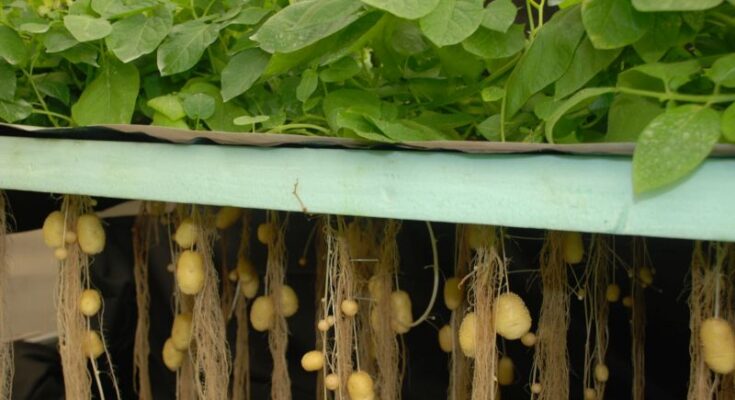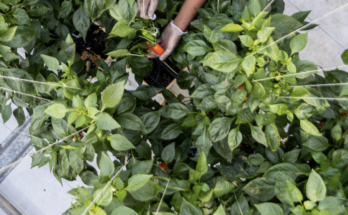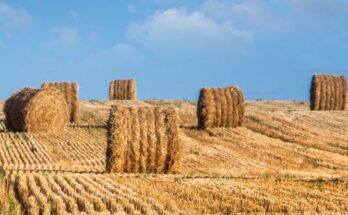Globally responsible companies and multilateral organisations are intensely pushing for sustainable means of agriculture as it can help humans to meet their needs without harming the environment. With the unpredictable weather conditions posed by climate change, the pre-existing issues such as pollution, crop failure and depleting natural resources have aggravated. In such a scenario, vertical farming has emerged as a sustainable alternative to conventional agriculture as vertical farming is usually done indoors, it is soilless farming, hence, the risk of contamination through pests is negligible.
Vertical farming is considered the future of farming as it needs less space and the growing system is hydroponics, aeroponics and aquaponics. The major advantage of this farming is that it requires very less land in comparison to conventional agriculture, consumption of water is 80 per cent less, moreover, the water is recycled and saved and most importantly its productivity does not depend on weather conditions.
Vertical farming allows consumers to access fresh vegetables or fruits soon after they are harvested. Moreover, any farm commodity can be grown round the year since vertical farming allows control of environmental conditions. Even exotic farm items can be produced easily. Food traceability is an important factor associated with vertical farming as food safety starts with traceability. Consumers, food processors, and regulators can easily find the source of vegetables and other farm produce. They can even check on the quality of seeds, and crop inputs that are used to grow these vegetables as it will bring transparency to the supply chain.
You may also like to read: Omnivore launches new $130M venture fund focused on agritech and climate sustainability
Another major benefit is that local production especially in the urban setting will help reduce carbon emissions which is released during transportation as trucks are laced with cooling facilities and more fuel is used for longer distances. Also due to the less distance between farm to table, it reduces agricultural wastage by a big margin.
Major companies like Walmart and McDonald’s are investing in vertical farming to achieve sustainability targets. It allows them to provide fresh and quality products to customers as well as achieve sustainability in the business. This innovative model of farming is bringing a revolution in the agriculture sector and transforming the ways of farm operations and our food habits. This new model of farming holds huge potential for entrepreneurs to bring innovations and create employment opportunities. Now advanced technologies such as smart cameras, artificial intelligence and sensors are being used in vertical farming. Entrepreneurs must exploit this opportunity since indoor farming will be a major trend due to the demand for safe, fresh and local food. The government too is encouraging vertical farming and has extended subsidies for setting up vertical farms. Vertical farming ensures a fairly stable crop yield. It is easier to make long term agreements with grocery stores as vertical gardening will stabilise crop income and revenue streams. All this makes vertical farming an ideal start-up platform for scalable growth. This will help create employment opportunities in urban agriculture as well as help protect the environment.
(Dr Shivendra Bajaj is the Executive Director of Federation of Seed Industry of India and Alliance for Agri Innovation. Views expressed in the article are author’s own.)
Photo credit: ICAR-CPRI






The article “What Makes Vertical Farming a Sustainable Agriculture Alternative? Read the Future of Food System” on agriculturepost.com is an insightful piece on the concept of vertical farming as a sustainable agriculture alternative. The article explains the benefits of vertical farming, such as the efficient use of resources, the reduced need for pesticides and herbicides, and the year-round production of crops. It also highlights the potential of vertical farming to address food security and urbanization challenges, as well as the role of technology and innovation in its development. The article provides a balanced view on the subject, acknowledging the challenges of scaling up vertical farming and the need for more research and investment. Overall, the article provides a well-written and informative overview of the potential of vertical farming to transform the future of food systems.